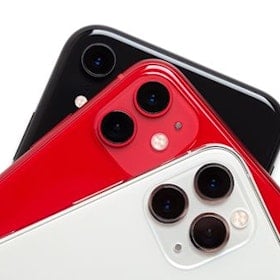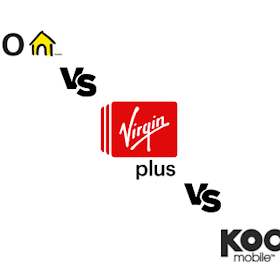
Microsoft is rolling out its second official update for Windows Phone 8 with a key ‘new’ feature that can protect users from data bill shock.
The update isn’t a huge deal, and it doesn’t seem to address some of the issues we’ve had with the OS such as providing separate volume levels for media playback and phone alerts, but it does have some goodness to offer, especially for Xbox Music users.
NOTE: This update is separate from the Nokia Amber update that’s one its way to many Lumia phones. The Amber update does work in conjunction with this WP8 update, but they are separate things.
How do I get it?
First things first. Not all WP8 devices will have the update available for download just yet. If you want to check to see if it’s come to your phone and in your region, go to Settings > Phone Update and tap Check for Update.
The Nokia Lumia 925 and Lumia 1020 come with the patch pre-installed.
Data Sense
Data Sense is a data tracking app that allows users to have better control over how much of their cap they’re going through. Previously only available to Verizon Wireless subscribers in the US, Data Sense provides more relevant information than a lot of carrier-owned data trackers. This is because Data Sense can measure the phone’s usage on the user’s end and doesn’t need to rely on information from the provider, which is usually between 24 and 48 hours out of date at best.
Data Sense also has the ability to switch off your data connection at a pre-set limit to be decided on by the user, ensuring that there is no chance of overage fees.

Another perk is that the app can compress web page data, reportedly leading to up to 45% more browsing-based entertainment on behalf of the user.
Data Sense can be pinned to the Start Menu as a live tile and provide data information at a glance with regards to both cellular and WiFi activity.
More info on how to use Data Sense here
Xbox Music
Xbox Music is a good service, but it’s had its fair share of bugs. A lot of these have been addressed.
- Fixed bug where duplicate songs appear on phones when a song that exists in the cloud is also copied over from a PC. This is not retro-active, to remove current duplicates you’ll need to update your PC companion app and delete then resync your music.
- Cloud music is now synced with Music + Videos more often, meaning changes made on a PC will show up faster on your phone.
- UI change makes it easier to select multiple or all songs from cloud playlists and download them to a phone
- Reduced instances of incorrect album art being displayed. You will also need to delete and resync the music on your phone for this to start working.
- Reduced instances of albums getting split in two.
- Metadata for tracks is only added if albums are missing key information; no longer overwrites present info.
- Fixed issue where some former Zune Pass and Xbox Music subs couldn’t play copy-protected tracks on their phones.
- Users can now create playlists in the Windows 8 Music app and easily share them to their phone via the Share charm.
- Streamed music less likely to skip or pause; phone will begin fetching the next track before the current track finishes.
FM Radio
FM radio was a popular feature in WP7 but was removed in WP8. It’s now come back and can be accessed through Music + Videos and flicking to Collection. Not all WP8 phones are compatible with FM radio, but if yours is there should be an option in this menu.
Camera
It is now possible to select which camera is jumped to by default when hitting the shutter button, if your camera has more than one app. This was specifically to facilitate the Nokia Pro Camera app for the Lumia 1020. You can choose between either the Pro Camera app or the default Microsoft Camera app as being your default. This is managed through Settings > Applications > Photos + Camera.
The Nokia Amber update will be responsible for bringing this option to the Lumia 920 and many other Nokia WP8 handsets.
“Other” storage fixed
You probably never even noticed this issue specifically, but it’s no secret that a lot of WP8 users have often found themselves scratching their heads wondering where their storage space was going. The answer is “Other”.
“Other” is the section of storage where things like app settings, email attachments and other, less-permanent bits of information are stored. The problem is that this section would often fill up with waffle. You’ve always been able to manually delete stuff in there you didn’t need by going to Settings > Phone Storage and tapping the colored bar, but that’s not a great solution.
Henceforth the “Other” section will self-regulate. If it fills up, it can automatically decide what files are important, like email attachments and app settings, and get rid of the older and less-important temporary stuff.
Source: Windows Phone blog
Related Articles
Related Topics
Microsoft Windows Phone Windows Phone 8 UpdatePopular Topics
Android Apple iPhone Samsung Google iOS Cell phone plans Rogers Telus BellFind Better Phones and Plans
Hundreds of cell phone plans unpacked. All the facts. No surprises.








































